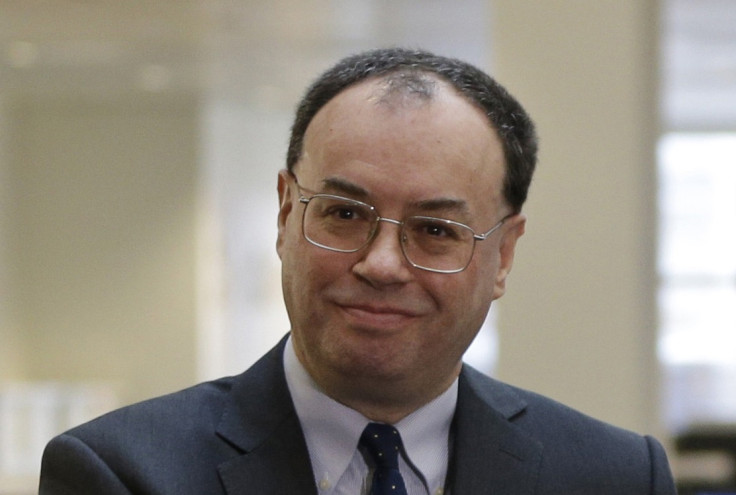Bank of England Fears 'Bizarre' Complacency in Markets Ignoring Geo-Political Risks Like Iraq

The Bank of England is concerned about the apparent complacency in the markets towards current geo-political crises, such as in Ukraine.
Markets have been little moved by some of the major events around the world. In Iraq, the extreme jihadi group Islamic State (formerly known as ISIS) has violently taken control of key cities.
There are worries about the continuity of the supply of oil from the troubled Middle Eastern state, which could potentially fragment along sectarian religious and national lines and cause greater turmoil.
A stand-off between Russia and Ukraine, as ethnic Russian separatist groups battle with Ukrainian forces for control of major cities, has raised fears about Europe's gas supplies from the area.
The Ukraine crisis erupted when the country's corrupt president and Russia's ally Viktor Yanukovich was ousted by protesters after shunning closer relations with the European Union (EU) in favour of deeper political and financial ties to Vladimir Putin's Kremlin.
"The markets are discounting the effect of quite a wide range of things that are going on in the world that could easily in other circumstances create shocks," said Andrew Bailey, a deputy governor at the Bank of England, at a Treasury Select Committee hearing.
"Whether it's Russia, whether it's Iraq, whether it's developments in other parts of the world, all of these things are not disturbing market volatility."
Bailey said that though people in the market tell the Bank of England in surveys that they are concerned most of all about geo-political risk, this "doesn't seem to be moving anything in terms of implied volatility in markets". He added that "we have to be very alert to this".
Martin Taylor, who is an external member of the Bank of England's Financial Policy Committee, told MPs that the "tendency of the markets to ignore geopolitical risk is just bizarre".
© Copyright IBTimes 2024. All rights reserved.






